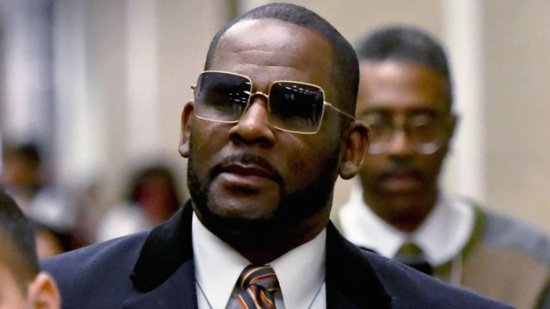R. Kelly recently entered solitary confinement after filing an emergency motion that outlined serious threats against his life.
In response to growing concerns for his safety, Kelly is now seeking a presidential pardon from Donald Trump. His legal team insists the singer’s life faces imminent danger while he remains incarcerated. Attorney Beau Brindley revealed that they have reached out to Trump’s associates, arguing that the former president has both the “courage and the power” to intervene. Brindley condemned the prosecution as deeply corrupt.
According to Variety, Brindley also accused prison officials of attempting to orchestrate Kelly’s murder. Kelly is currently serving a 30-year sentence in a North Carolina facility for racketeering and sex trafficking. In a new emergency court filing, his team claims that government officials violated attorney-client privilege and used illicit tactics to secure a conviction.
One of the most shocking elements of the filing is a sworn declaration from Mikeal Glenn Stine, a terminally ill Aryan Brotherhood inmate. Stine alleges that officials offered him freedom in exchange for killing Kelly. Brindley says that authorities transferred Stine to Kelly’s prison with that intention. Instead, Stine chose to warn Kelly. A planned meeting between Brindley and Stine was suddenly canceled, and Stine’s current whereabouts remain unknown.
Since filing the motion, Brindley reports that authorities placed Kelly in solitary confinement under what he calls inhumane conditions. He claims officials have denied Kelly food for several days and forced him to live in unsanitary quarters. Kelly also cannot contact his family. Brindley argues that these actions represent not protective custody, but retaliatory punishment for speaking out.
Looking ahead, Brindley plans to supplement the legal filing with more details of what he describes as “cruel and unusual punishment.” He believes Trump—who frequently criticizes prosecutorial overreach—may empathize with Kelly’s situation.
A federal judge has scheduled a hearing for June 20 to determine whether North Carolina, where the motion was filed, or Chicago, where Kelly was convicted, holds jurisdiction. Brindley hopes this legal challenge not only protects Kelly from further harm but ultimately overturns the conviction.



